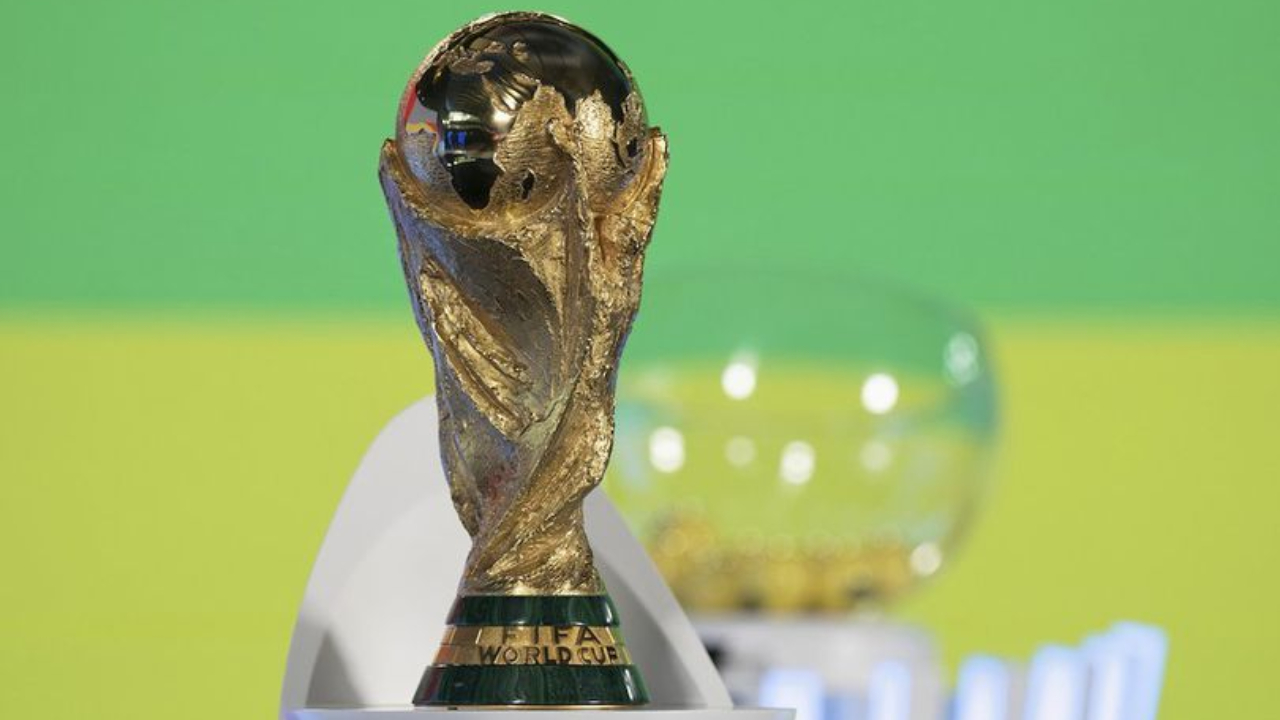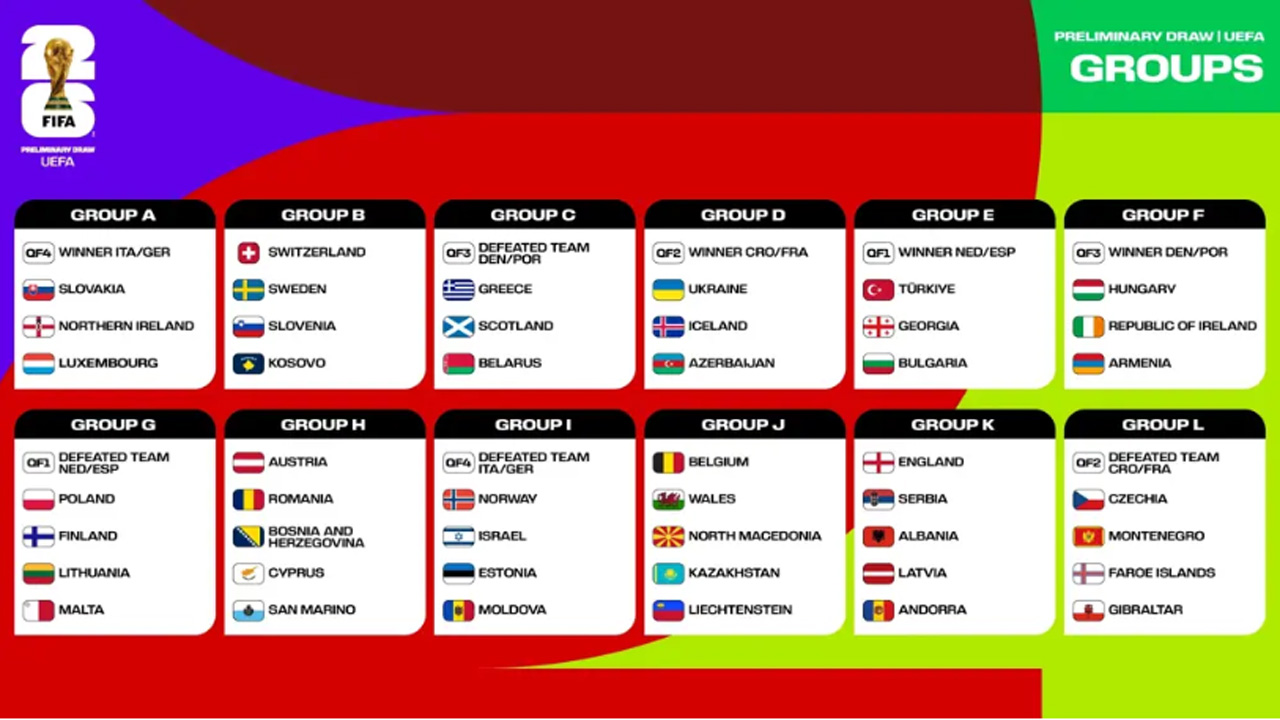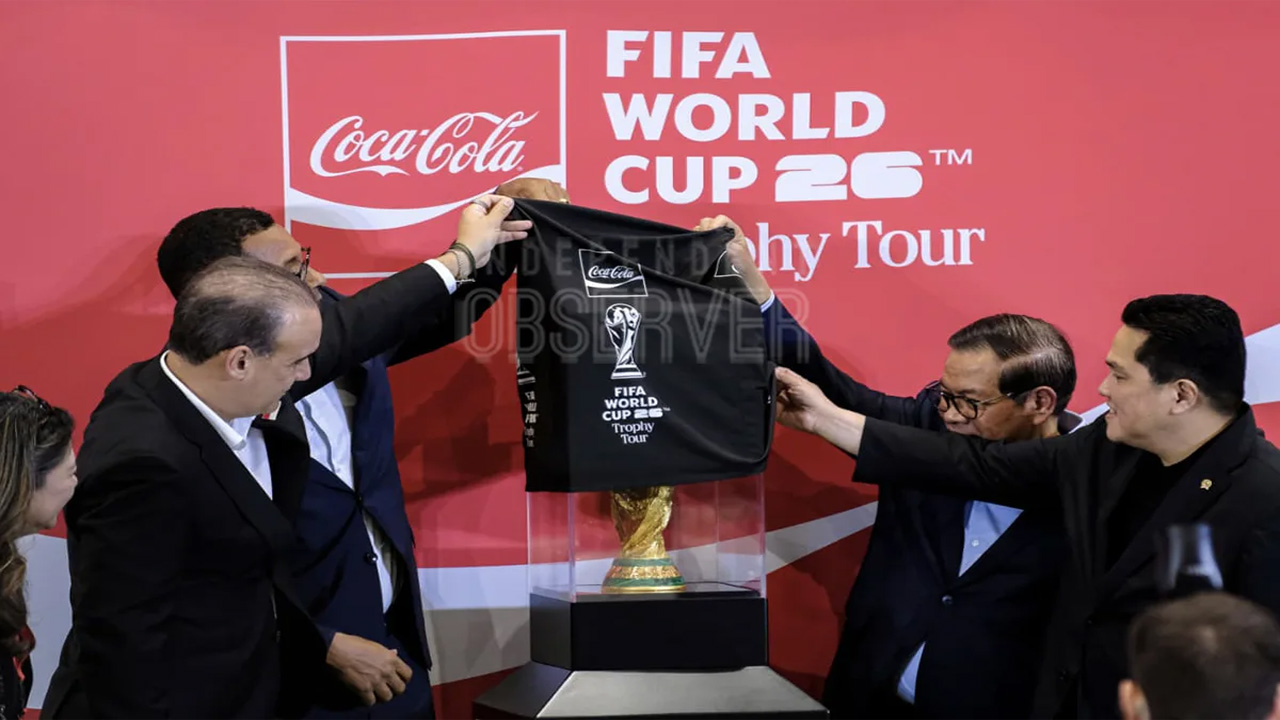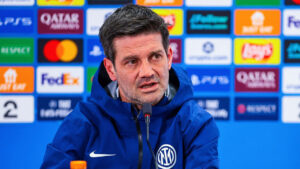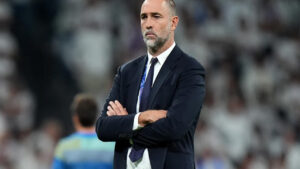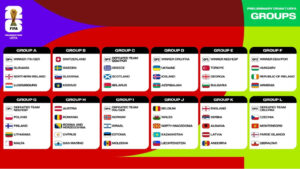FIFA Faces Backlash Over Proposal to Expand World Cup 2030 to 64 Teams
Bornheimer -The World Cup has always been more than just a football tournament it is a global spectacle where nations unite under one passion. Recently, FIFA floated the idea of expanding the World Cup 2030 from 48 to 64 teams. On paper, the move promised inclusivity and broader participation. However, beneath the surface, this proposal sparked significant debates about the feasibility and integrity of the tournament itself.
“Read also: KTM Struggles in Motegi, Eyes Podium Finish at Mandalika“
Concerns From Within FIFA
Reports from The Guardian revealed that despite preliminary discussions, internal doubts within FIFA remain strong. While South America’s governing body, CONMEBOL, supported the proposal, sources close to FIFA disclosed that the logistics of 64 teams and 128 matches appeared excessive. Critics feared that such a format could dilute the competitiveness of the event, leaving fans with too many one-sided matches that risk undermining the World Cup’s prestige.
The Business Model at Risk
Beyond sporting integrity, FIFA also faces the challenge of sustaining its business model. A tournament bloated with matches risks oversaturation, potentially reducing broadcasting value and overall appeal. For FIFA, whose revenue heavily depends on global broadcasting rights, ticketing, and sponsorships, this could be a dangerous gamble. Thus, many insiders argue that expansion should prioritize quality over quantity.
UEFA’s Strong Opposition
Resistance to the idea has been particularly strong from UEFA. Its president, Aleksander Ceferin, openly called the plan a “bad idea,” warning that expansion could weaken not only the final tournament but also the qualifying process. For Europe, where competition is already fierce, inflating the final stage may strip away the prestige of qualifying a critical part of the World Cup journey.
CONCACAF Adds Its Voice
Adding to UEFA’s resistance, CONCACAF president Victor Montagliani also dismissed the proposal as ill-suited for the current football landscape. He emphasized that the idea lacked proper balance and could compromise the tournament’s reputation. While not dismissing further discussions, his words added weight to the growing opposition within FIFA’s council.
CONMEBOL’s Persistent Push
In contrast, CONMEBOL has remained firm in its support for the 64-team model. Its president, Alejandro Dominguez, argued that the World Cup should be more inclusive, giving opportunities to smaller nations. He even suggested that South American hosts Paraguay, Uruguay, and Argentina could share responsibilities for the group stages if the proposal succeeded. His stance underscores a regional ambition to bring more countries into the football spotlight.
The Proposal Stalls in FIFA Council
Despite the push from South America, the proposal failed to gain traction ahead of the upcoming FIFA Council meeting. For now, it is not on the official agenda. This omission is seen as a clear signal that the majority of FIFA members are unwilling to move beyond the already-approved expansion to 48 teams, which will debut in the 2026 World Cup.
“Read also: Newcastle vs Arsenal: The Gunners Secure Dramatic Victory“
Parallel Debates on Club Competitions
Interestingly, while the World Cup expansion debate rages, FIFA is also reviewing new formats for the Club World Cup. Proposals to hold the competition every two years with lucrative financial rewards have attracted interest from major European clubs. Yet, this too comes with concerns about congestion in an already crowded football calendar.
Why Expansion Remains Contentious
The core of the debate lies in balancing inclusivity with quality. More teams mean more dreams realized, but also the risk of predictable results and declining excitement. For fans, broadcasters, and sponsors alike, the magic of the World Cup comes from its unpredictability and intensity. A bloated tournament risks replacing that magic with monotony.
Looking Ahead to 2026 and Beyond
As things stand, FIFA appears committed to the 48-team format starting in 2026. This model, already approved, represents a significant expansion from the traditional 32-team structure while still aiming to preserve competitive balance. Whether the 64-team proposal resurfaces in future discussions remains uncertain, but for now, the global football community watches closely as FIFA attempts to balance tradition, inclusivity, and commercial interests.
